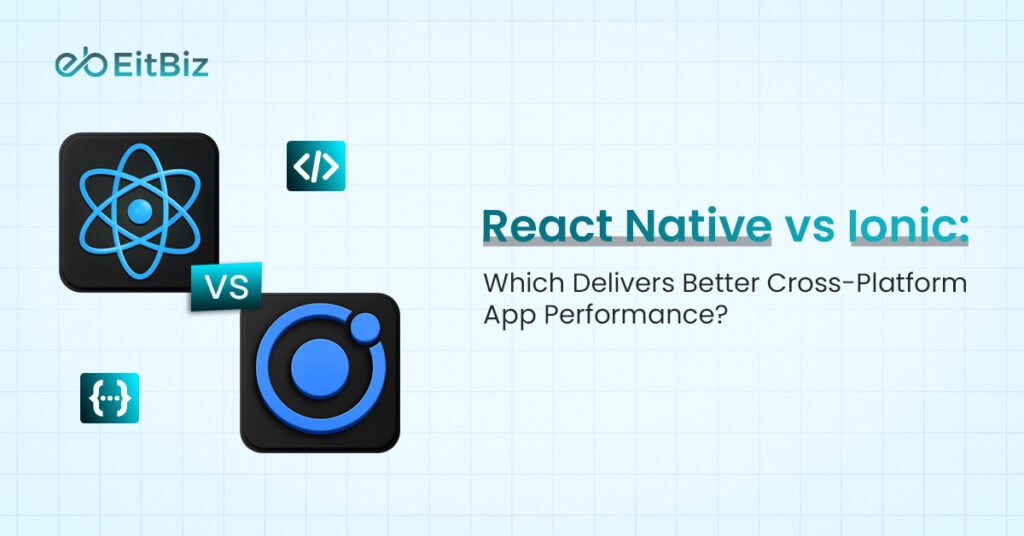AI or Artificial Intelligence!
The term “AI” has become so “magnanimous” that it already tapped almost every industry, including eCommerce and “AI in Manufacturing” is no exception!
From big-scale industries to small factories, AI holds the potential to disrupt the complete manufacturing industry.
Well, the stats don’t lie!
- AI will likely contribute more than $15.7 trillion to the manufacturing industry by 2025.
- Many manufacturers experienced up to 50% reduction in the production time of their respective goods.
- The global AI market in manufacturing is all set to reach USD 695.16 billion by 2032.
Considering such facts, the market for artificial intelligence in manufacturing is likely to show exponential growth during the period.
From increased productivity to optimized manufacturing processes, AI is consistently boosting the production process while keeping the cost factor in check.
Excited to learn more about AI in manufacturing? Let’s dive in!
| Table Of Contents: 1. What is AI in Manufacturing? 2. What are the Benefits of AI in the Manufacturing Industry? 3. What are the Generative Use Cases of AI in the Manufacturing Industry? Final Thoughts |
What is AI in Manufacturing?
To put it simply, AI in manufacturing is all about embracing “Machine Learning” and “Deep Learning” neural networks to enhance manufacturing operations. Since AI can effortlessly analyze data in real-time and make error-free and quick decisions, AI can easily predict what’s going to happen which may ultimately minimize downtime. Not only does it help enhance the overall productivity but it may ensure timely delivery of products.
Furthermore, it may easily automate repetitive tasks which may lead to increased productivity and improved product quality.
In the context of AI in the manufacturing industry, three core technologies dominate the landscape.
| Parameters | Details |
| Machine Learning | It uses algorithms and data to interpret underlying patterns without investing valuable time in manual processes. |
| Deep Learning | It is an integral component of machine learning which effectively utilizes neural networks to analyze images and videos. |
| Autonomous Objects | Defined as AI agents, these objects can easily manage tasks without the need for human intervention. |
| IoT | It includes the integration of interconnected devices and sensors to optimize processes, enhance automation, and increase efficiency. |
| Big Data Analytics | It quickly collects, analyzes, and interprets vast amounts of data generated at every stage of the production process. |
Did you know?
AI plays a quintessential role in the concept of Industry 4.0 (which means 4th Industrial Revolution) which refers to the advanced era of connectivity, automation, and modern manufacturing technology.
Now that you have understood the importance of AI in manufacturing, let’s set our sights on its potential benefits.
What are the Benefits of AI in the Manufacturing Industry?

Let’s look at the benefits of AI in the manufacturing industry.
#1. Efficient Data Collection & Management
One of the prime benefits of artificial intelligence in manufacturing is that it efficiently harnesses advanced technologies like Artificial Intelligence, IoT, and cloud computing to identify and eliminate issues. Not only does it help enhance productivity and reduce costs but it would help enable manufacturers to stay competitive in the interconnected landscape. Furthermore, it allows you to monitor key performance indicators (KPIs) for quality control and inventory management.
#2. Unmatched Data Security
With the implementation of AI in manufacturing, businesses can prevent the risk of cyber threats and unauthorized access to confidential and private data. Remember that AI can help implement robust security protocols, which may enable manufacturers to protect their operations while keeping privacy and confidentiality in mind. Moreover, manufacturers need to protect their valuable information including employee information, customer data, and upcoming product design.
#3. Integration With the Present System
If you are in the manufacturing industry (which is obvious), integration of AI into existing systems may help manufacturers automate complex tasks and enhance product quality. Furthermore, such kind of integration allows manufacturers to continuously monitor and analyze data which may lead to enhanced decision-making and safety on the factory floors. Not only does it help give your company a competitive edge but it may also pave the way to a more sustainable future.
Though we have learned a lot about the benefits of AI in manufacturing, let’s discuss the use cases of Generative AI (AI’s enhanced form) in manufacturing.

What are the Generative Use Cases of AI in the Manufacturing Industry?
Let’s take a quick look at how AI is transforming the manufacturing industry.
#1. Enhanced Product Design & Development
Manufacturers may leverage machine learning techniques and advanced algorithms to examine vast amounts of data and provide valuable insights which would assist designers in crafting unique and engaging product designs. With quick suggestions on design and reduced errors, manufacturers can enjoy faster time-to-market of the product and enhance the product performance among the target audience.
#2. Supply Chain Management
One of the major Gen AI use cases in manufacturing is that it may easily collect and interpret different types of data, including images, text, and videos. Once the data is collected, Gen AI aids manufacturers in recommending suppliers through a wide range of factors pricing, risks, availability, and more. Furthermore, it offers an in-depth insight into the existing supply chain performance to ensure error-free transactions and improved decision-making.
#3. Automation & Robotics
These technologies combine the power of AI to perform repetitive and monotonous tasks including material handling, counting the number of parts, quality control, and more. Since it can achieve a higher level of precision and reduce errors, it allows manufacturers to informed decisions to increase their output.
#4. Predictive Maintenance
With the potential to monitor and analyze vast amounts of data in real-time, AI systems can easily predict if any system is facing issues or might run into defects in future. When manufacturers can quickly address the maintenance needs, they can save a lot of money and time in the long run. As AI started disrupting the manufacturing industry, predictive maintenance will likely pave the way to equipment longevity and hassle-free operations.
#5. Unmatched Customer Support
Last but not least, when it comes to redefining customer services, Gen AI in manufacturing will soon make a positive impact on all employees. Incorporating gen AI-powered chatbots may help manufacturers and directors of operations to examine customer queries and resolve them at the earliest. One of the major benefits of gen AI in manufacturing is that it can easily naturally interact with customers. From answering their queries related to orders and billing to appreciating their reviews, Gen AI can significantly enhance the user experience.
Final Thoughts
So, there you have it! That’s a wrap to the role of AI in manufacturing! It is no secret the implementation of AI in the manufacturing industry may enable manufacturers to make data-powered decisions and streamline operations to benefit their overall business. Furthermore, it wouldn’t be wrong to say that the future of AI is promising and its emerging trends and technologies may transform the industry for its betterment. For more exciting news about AI, visit EitBiz. For queries related to mobile app development, drop us an email at info@eitbiz.com or call us at +1(812)530-6300 today! Our experts will contact you shortly.





